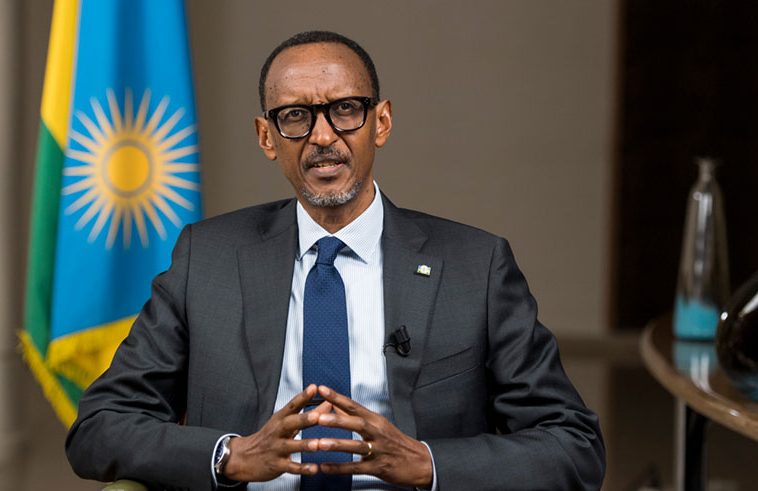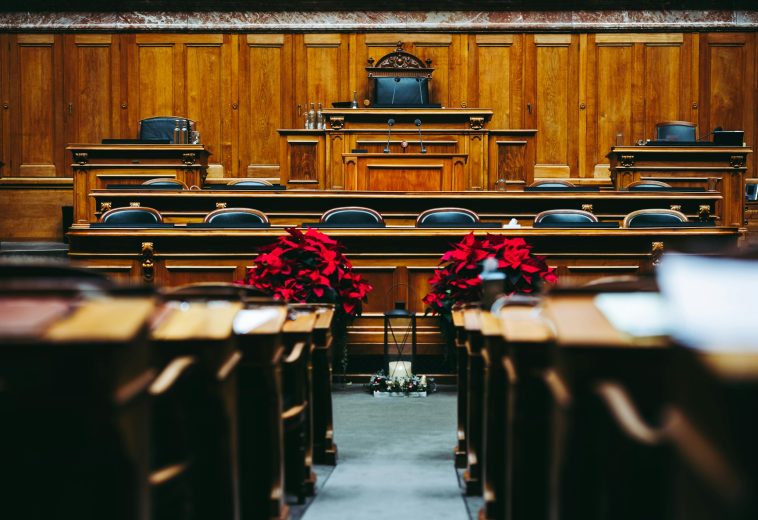As the African sports market continues to grow and evolve, the need for world-class stadiums and facilities has become increasingly pressing. With many countries investing heavily in infrastructure development and prioritizing quality and sustainability.
According to a report by Oliverwyman, Africa’s sports market is currently over $12 billion and might surpass $20 billion by 2035. In 2022, the African sports market was anticipated to achieve a total revenue of US$5.57 million. With an expected annual growth rate (CAGR 2022-2027) of 9.75%, forecasting a market size of US$8.87 million by 2027.
Even though a nearly twofold increase in the market in ten years can appear substantial, the money made from a single event can mount up rapidly. The construction of stadiums, airports, and roadways will contribute to job creation. Well-designed stadiums generate significant revenue through ticket sales, sponsorships, and hosting major events.
Hosting international events can boost a country’s reputation, attracting tourists, investors, and talent. When a country hosts a successful event like the Olympics or World Cup, it sends a strong message to the world about its ability to organize and manage large-scale events. This can lead to increased tourism as visitors come to experience the event firsthand. Investors are more likely to invest in a country that has demonstrated its capabilities in hosting international events.
Quality facilities can serve as community hubs, promoting physical activity, social cohesion, and economic growth. These facilities can host community events like concerts, festivals, and charity matches, bringing people together and fostering social cohesion.
World-class stadiums and facilities are essential for athletes to perform at their best. This provide athletes with the optimal conditions to train, compete, and recover, giving them a competitive edge in international competitions. Talent also becomes more attracted to countries that have world-class facilities and host international events. For instance, when the 2019 Africa Cup of Nations was hosted in Egypt, it attracted millions of viewers worldwide and showcased the country’s ability to host large-scale events.
Rwanda is becoming a major hub for business, entertainment, and sporting events because of the country’s approach to sports, which is also helping to increase tourism. The President of Rwanda, H.E Paul Kagame, arranged a mouth-watering deal to construct the Kigali Arena with the assistance of the Bank of Kigali, which he commissioned in 2019.
Bayern Munich, a football team in the German Bundesliga, and the Rwanda Development Board reached an agreement in 2023 for a five-year partnership in tourism and football development. With this agreement, the English Premier League team Arsenal, the French Ligue 1 team Paris Saint Germain, and the Basketball Africa League (BAL) have all partnered before.
In 2022, the Giants of Africa Foundation launched a state-of-the-art sports facility at the Bingerville Boys Orphanage on the outskirts of Abidjan, Côte d’Ivoire. Prominent figures present at its launch include Masai Ujiri, President of the Toronto Raptors, former legendary captain of the Elephants of Côte d’Ivoire and legendary star of Chelsea Football Club Didier Drogba, as well as eight-time NBA All-Star and Hall of Fame Congolese-American basketball giant Dikembe Mutombo.
According to African Development Bank Group President Dr. Akinwumi Adesina, “Investments like Giants of Africa are important seeds planted for the betterment of the future of young people in Côte d’Ivoire and Africa.”
According to Masai Michael Ujiri, President of the Toronto Raptors, ‘I’m telling you in Africa that it is time; it is real-time in Africa and Nigeria that we open our eyes and see sports as not only recreation and competition but as a real business. Yes, we have to pay attention to that.’
Events like the Olympics, World Cup, African Championships or music concerts attract large crowds, which translates to significant revenue from ticket sales, merchandise, and hospitality. Additionally, hosting international events also attract tourists, who often spend money on accommodations, food, and other services, further boosting the local economy.
Building world-class stadiums and facilities is essential for African sports development. Investing in quality infrastructure will improve athletic performance, generate revenue, engage communities, and boost Africa’s reputation on the international stage. While challenges exist, many successful projects across the continent demonstrate that it’s possible to overcome these hurdles with careful planning, innovative design, and sufficient funding.


